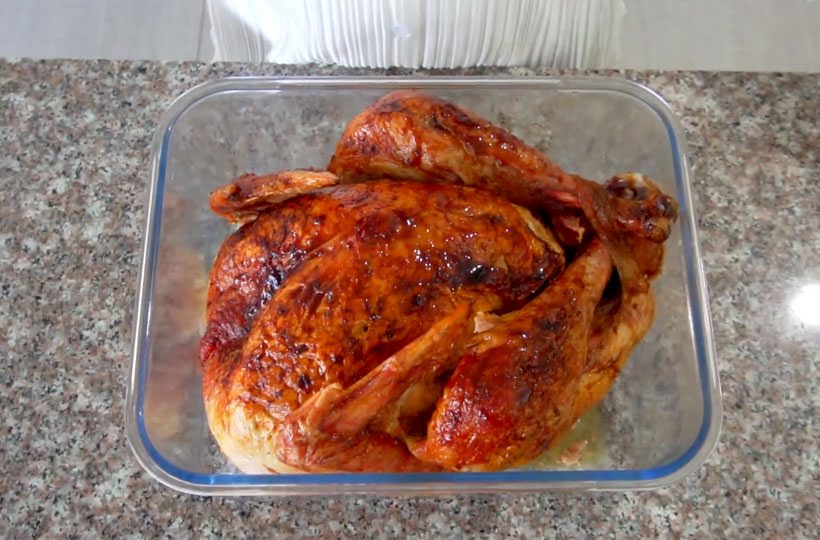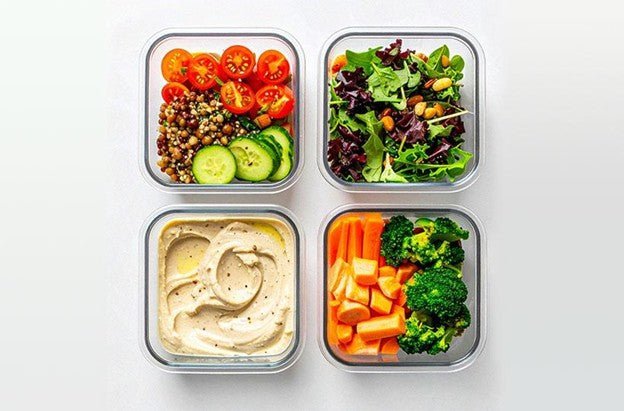How to clean a knife after it has made your day in the kitchen?

Keeping your knives clean is so paramount. Not just for safety purposes, but to ensure that they stay in good performance and last longer. As such, we will use this blog to show you how to clean a knife and share with you some safety tips. Additionally, we will answer some of the questions that most people have been asking. Stay tuned for expert tips that will see your knives in top shape.
Why It's Important to Clean Your Knife?

Since knives help us on a daily basis to perform our culinary tasks in a perfect manner and ensure perfection at every step of the cooking process from cutting to presentation of food, let us now relate the entailed significance of cleanliness of this magnificent kitchen tool - the knives.
Rust is Avoided or Controlled

The stain on the blade will be rust or corrosion from food particles and moisture left. This mostly occurs with knives made from carbon steel. A better preventative measure from rust or destroying your knife is undoubtedly regular cleaning.
Food Safety Aspect

A clean knife means that there is no remaining bacteria or germ on the blade. It is an important thing to avoid foodborne illnesses.
It Ensures Sharpness and Productivity

Residue remaining of feed over time blunts the knife. This is an insurance policy for the cleanliness of your knives and their sharpness in cutting chores.
How often should you clean your knife?
Always be sure to wipe your knife clean after you're done using it. This not only helps to prevent food from solidifying on the blade but will also have your knife ready for use whenever you need it next.
Materials required to clean a knife

Cleaning a knife is a very easy task as it doesn’t require much effort. However, one thing's sure it doest require you to be fully cautious. Moving on to different essentials used for cleaning a knife.
Essentials of Cleaning Supplies
Gentle dish soap: Soft enough to not scratch the blade, yet rigid enough to clean debris.
Soft sponge or cloth: Be certain not to use harsh sponges that may scratch the blade.
Towel Dry: This should be important to dry the knife promptly to prevent it from getting rusty.
Optional Cleaning Supplies
- This will be very helpful in ridding the blade of stubborn stains.
- White vinegar disinfects and deodorizes.
- Knife oil helps condition the blade, especially in carbon steel knives.
- Get all these materials gathered before you start, that way you can be sure you absolutely cleaned!
Can I use any soap to clean my knife?
Mild dish soap is the best to be used in the process. Harsh or abrasive soaps can damage the knife and leave residues that might affect the flavor of foods.
Step by Step Best Way to Clean Knives
We know now that it is important to clean knives, but how to clean knives is something next in the line to understand. Let us now read about how to properly clean a knife to increase its life:
Step 1 - Rinsing

After you are done with your work with the knife, bring the knife and hold it under warm running water. This washes away loose detritus and does not allow food remains to harden on the blade.
Step 2 - Apply Soap

This can generally be accomplished by scrubbing gently with a sponge or cloth dampened with a small quantity of mild dish soap. Soap helps in the breaking down of the grease and food debris on the blade.
Step 3 - Clean the Blade and Handle

Gently rub all sides of the blade and handle. Use s sponge or cloth gently. Ensuring that there are no food remnants, no trace of grease, and possibly no bacteria. Do not use anything harsh to avoid any scratches.
Step 4 - Rinse Thoroughly

Rinse away all the soap with warm running water. Ensures no soap residue is left on the blade, which could affect food taste or cause corrosion.
Step 5 - Prompt dry

Dry the knife at once with a towel. Be sure to pay extra attention to the blade and handle. This prevents water spots and rust staining from the cutting edge.
Following these steps will make your knife perfect every time you clean it and help you understand how do you clean a knife in the best possible way.
Can I wash my knife in the dishwasher?

It's recommended to wash the knife by hand. A dishwasher can be too rough, causing the blade to become dull and the handle to wear out faster.
Different Types of Knives and Special Tips For Each
There are different types of kitchen knives and each has its own user guide as well as properties:
Stainless Steel Knives
Dry immediately afterward to keep it from rusting, and occasionally lubricate the blade if it is not used to maintain its shine and prevent rusting.
Carbon Steel Knives
It's easy for these knives to rust, and they can even corrode. Wipe them totally dry and give a light coating of oil each time after cleaning. On the other hand, the characteristic that usually develops on a carbon steel knife, known as a patina, is actually very protective of the blade.
Ceramic knives
Store well and avoid using abrasive materials to avoid chipping or dulling. Since ceramic knives are brittle, one can easily break them if not well cared for.
Understand your own knife! Follow to the letter these tips specific to your sharply distinctive type of knife to maximize its life.
How do I know what type of knife I have?
Consult the manufacturer or look online for a model number. What type of knife you have will sometimes dictate how it should be cared for best. You can also read blogs to understand deeply all about different types of knives.
Storing Your Knife After It Has Been Cleaned

Proper Storage Methods
-
Knife Blocks: Easily and safely store your knives.
-
Magnetic Strips: Hold your knives, making them easily reachable.
- Blade Guards: To guard the sharp edge and your fingers.
Tips for Proper Storage

And do not leave them unclothed in the drawer: this can be quite hazardous, and not to mention, the blade is likely to make and take some serious damage.
All knives should be stored in dry places to prevent the impact of moisture, which can eventually lead to corrosion.
Keep your knives in the best possible protection and save them from premature wear, and in this way keep your kitchen safe.
Can you store knives with other cutlery?
No. The knives should be stored separately for safety and to prevent damage to the knives as well as to the other utensils.
Restating all about the cleaning of knife
Clean residue on the cutters regularly to prevent rusting and ensure safe operation. Follow the step-by-step process of this cleaning for the best results. There are special care tips for different types of knives. Store your knives properly to increase their life. Are you ready to keep your knives in their best condition? Begin cleaning them in the proper manner today and see the difference!






Leave a comment